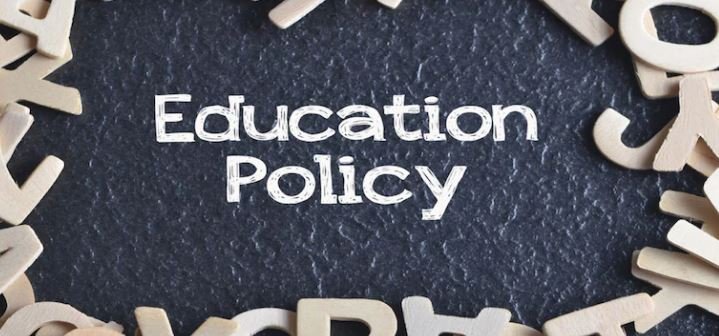Editorial . . . .
What can we anticipate when the educational system’s warp and woof have been limited to a ‘work’ basis rather than valuing components of humanity’s values? The danger, however, is not restricted to that point alone—the actual concern is our society’s joyful indifference to the trend. Any attempt to address the issue may fail to energize society, as we have all become accustomed to the ‘what’s the point’ state of mind.
Society’s circumstance for this resignation is understandable because risking one’s life for a good cause is deemed ‘old fashion’ and superfluous in today’s culture. Coming to this stage in the discussion brings to mind TS Eliot’s deep question: “Where is the life we have lost in living?” Where is the knowledge-based wisdom that we have lost? Where is the information-based knowledge we’ve lost?”
Swaminathan S Anklesaria Aiyar, a prominent Indian columnist, says that the “Indian school system focuses on information rather than understanding, and certainly not wisdom,” while reflecting on the philosophy of twentieth-century poets.
Another point raised by Aiyar is worth noting. “In most Indian schools, rote learning is the rule,” he adds, adding that “the goal is to remember answers by heart rather than challenge teachers, experiment with new ideas, or argue.” “The government’s emphasis is on inputs like classrooms, toilets, and midday meals, not learning results,” writes the columnist.
This editorial does not attempt to rake up extraneous facts, as many people regard a topic like values (in all forms) in education to be clichéd. But, for the sake of mankind, our society must reflect once more that promoting values in the educational system is the elixir to restore hope to the hopeless state of the ‘present.’
Skill and fact learning would gain meaning and purpose, according to famous educationist VR Taneja, when values are embedded in them. He went on to say that instilling values in people will lead to rationalism and correct responses and that it “will not avoid questions of morality, integrity, justice, equity, and fair play.”
But, how do we inject all these values into the education system, reflected in practical terms, has become a pertinent question? In other words, what and how do we initiate to make the society to experience an epiphany that we are only miniaturizing humanity as long as the ‘job’ premise precedes the values of education?
The whole point is all about making the ‘fundamental educational code’ more pronounced. The “New Education Policy 2020” is the only ray of hope. Principal Secretary, Rohit Kansal also shed light on the introduction of the Bachelor of Vocational Education course under the policy. He informed that 17 government degree colleges would start taking admissions for the course for session 2022-23. Further, 53 and 72-degree colleges would start teaching the course from academic sessions 2023-24 and 2024-25 onward respectively. Corresponding Sector Skill Councils have also been identified, he said.
Our universities need to become a hub of innovation and in this regard, the UT government should organize a start-ups competition in collaboration with technical institutions like IITs. Need to put in greater resources for supporting such contests for fostering innovation.
More so, the constitution of the Education Reforms Committees will play a significant role in giving impetus to the realization of a new and prosperous Jammu and Kashmir. Reforms should also be focused on a balance between “Science and “Sanskar” as well as enable to address the existing gaps, disparities, and role of teachers for technological advancements to create future minds.
There is every need of shaping young minds and inspiring them to be leaders of tomorrow. Hopefully, NEP-2020 will ensure that our teachers play a major role in the economic development of Jammu Kashmir.




